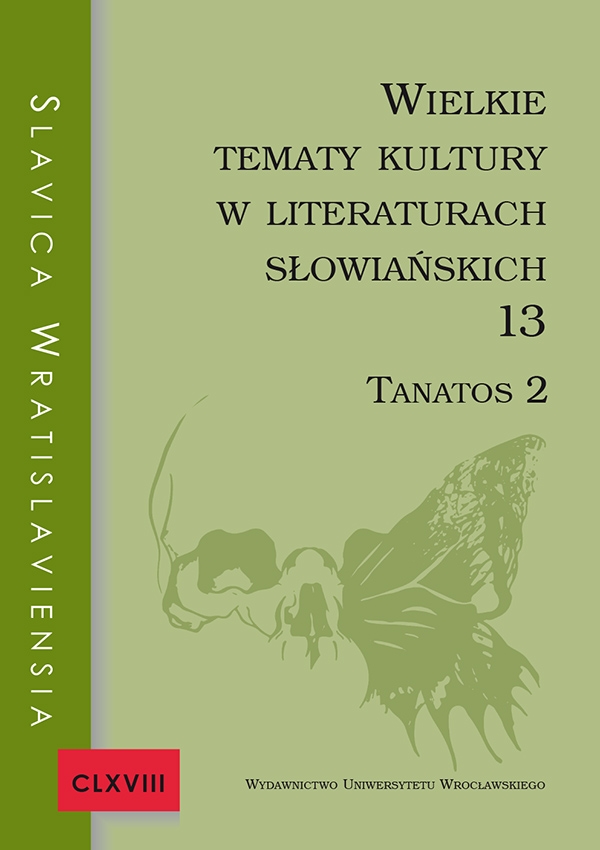

Literatura ukraińska

The death of a sinner in Orthodox polemical literature of the era of the Union of Brest
In the Orthodox polemics of the end of the 16th and the first half of the 17th century, sinners, dying of a “bad death”, are most often apostates from the faith bishops who joined the Union of Brest, converts, and religious dissenters, especially persecutors of the Orthodox Сhurch, and those committing sacrilege and blasphemy. Descriptions of their miserable deaths are based on a traditional Old East Slavic schema, but they have a particular, less universal dimension. They generally act as cautionary examples, which are referred to when discussing current issues the dispute over the legality of the Synod of Brest, the controversy over the acquisition of temples and properties, the debate over the calendrical reform, and the apologetics and defence of Orthodox sanctuaries, icons, and relics. In all cases, the death of a sinner Uniate, Catholic or Protestant becomes the final confirmation that the Orthodox author is right, as well as the evidence of the sanctity of his tradition, and the sign of condemnation of the religious dissenters.
Смерть злодея в православной полемической литературе времен Брестской церковной унии
В православной полемической литературе конца ХVI и первой половины XVII века в роли грешников, умирающих „злой смертью”, чаще всего выступают вероотступники главным образом, епископы, признавшие Брестскую церковную унию 1596 года, люди, обращенные из православия, и инославные христиане, в первую очередь гонители Церкви, святотатцы и богохульники. Описания их жалкого конца опираются на традиционную древнерусскую модель, но в отличие от нее носят гораздо менее универсальный характер. Большей частью они играют роль назидательных примеров, к которым полемисты обращались в связи со злобой дня, такой как спор о каноничности брестского поместного собора, протесты против захвата православных храмов и имущества, разногласия насчет календарной реформы или же апология и защита православных святынь — церквей, икон и мощей. Во всех приведенных примерах смерть злодея униата, католика или протестанта является окончательным оправданием позиций благочестивого автора — доказательством богоугодности его собственной традиции и знаком осуждения любого инославия.